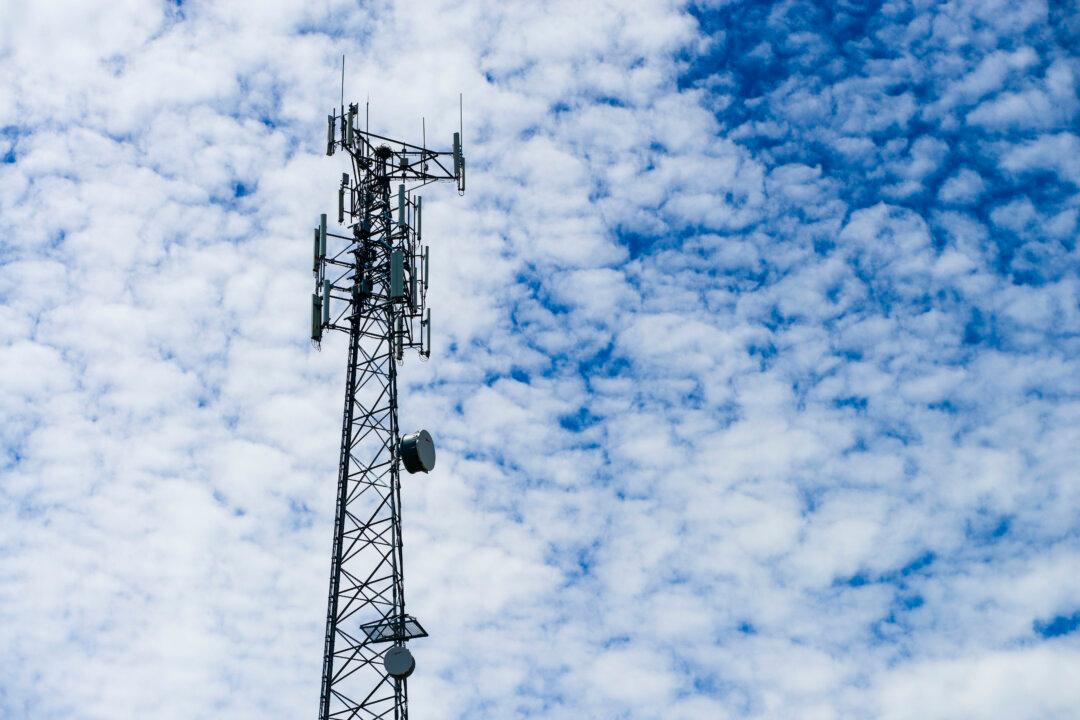Ontario’s former privacy commissioner is sounding the alarm about the government’s tracking of cellphone data to inform policy, after it was revealed recently that a federal agency has been analyzing the movements of Canadians since the onset of the pandemic.
“It concerns me enormously that this would enable the government to collect more and more information,” Ann Cavoukian told The Epoch Times.





